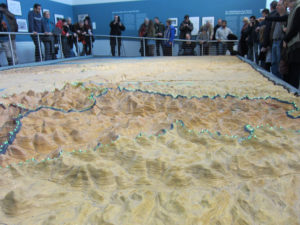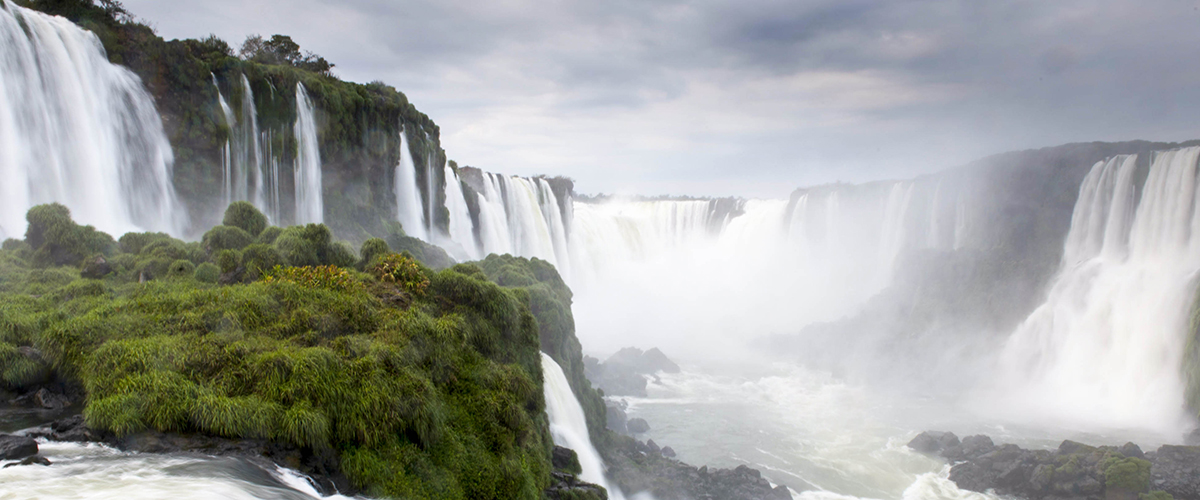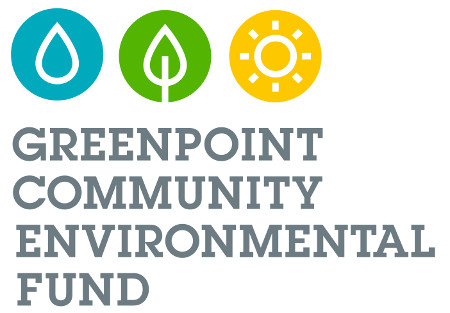Water, water, every where,
Nor any drop to drink.
-Samuel Taylor Coleridge, Rime of the Ancient Mariner
The provenance of life on earth is water. This is a fact.
It is also a fact that – as populations explode, the planet warms, pollution compounds, and inequality accelerates – water is increasingly the focus of pitched socioeconomic battles. Water will be as impactful on the geopolitical trajectory of humanity in the 21st century as oil was on the 20th. Who controls water will determine, to an extraordinary degree, who controls the economic fate of large swaths of humanity.
Water shares a key quality with oil that makes its control particularly complex. It is liquid, and often subterranean. This makes it notoriously difficult to control. Unlike, say, a vein of copper, which largely adheres to man-made borders (assuming that we agree on the right to create those borders across at least three dimensions), water, like its liquid cousin, flows freely across lot lines, under townships and counties, from state to state, and between nations. The oft-cited story of the Colorado River, flowing across seven basin states, and so masterfully captured for both its potable and energetic potential that it no longer reaches its own terminus in the Baja Gulf, is but one example. Daniel Plainview’s milkshake economics are another.
A further aspect of water compounding its geopolitical status is its very necessity. Unlike oil, water is vital to human survival: a week without water spells death. This essential necessity has thus historically been conferred the status of a civic or human right, separating it from many natural resources and other foodstuffs we increasingly categorize as commodities. One need only think on the Roman aqueducts to realize the longstanding compact that civilizations have had with public water.
And yet, the status of water as a public right, held in trust by the state, is an idea increasingly under assault in the 21st century. The once sacrosanct notion of civic provision of clean, potable water continues to be eroded, to the point that the crisis in Flint, Michigan — a town of 100,000 people — is now entering its 4th year, with no solution in sight. Indeed, Flint would seem to be a leading indicator of the future of public water in the United States, as public infrastructure investment atrophies, and an emboldened corporate sector seeks to exploit spending shortfalls and lax or archaic laws. That the current state of affairs therein more closely resembles Mumbai than Minneapolis should be cause for a deep reflection on the past, present, and future of water in our nation.
A ROCK IN THE RIVER
World Water Day is a chance to consider these issues and more. The need is clear. By its very ubiquity, water tends to be taken for granted. Most folks in New York City turn on their taps, and assume that the resulting water is clean, free, and theirs for the drinking. The vast, behind the scenes machinations of infrastructure upkeep, water politics, transnational agreements, global statistics, and philosophical considerations seldom enter into the process of filling a glass.
Like a rock placed into the flow of a river, World Water Day hopes to change all that, in part by connecting citizens to their water in a deeper and more intimate way. This connection is key to fostering both overall water awareness and mindful stewardship. Knowing the details of how our citizen tax-dollars pay for our clean, safe, regulated drinking water would tend to reinforce the collective duty to secure our water, now and for the future.
This duty is all the more pointed in light of our country’s current infrastructure woes. New York State alone has an aging water grid in need of some $40 billion in upgrades. Our public drinking supply is careening towards an all-hands-on-deck moment. The more informed we get, the better equipped we become to do our civic duty, and advocate for increased funding and oversight of our public water infrastructure.
Such citizenship is all the more important given the aggressive encroachments of privatized corporate water on the public sphere. With bottled water sales surging, and corporations across the nation infiltrating (pun intended) public water systems, the value of collective action is all the more heightened.
All of which points towards a philosophical imperative overarching all of our water considerations, and underscored by the fact and agenda of World Water Day. As a natural substance vital to human life itself, and ignorant of the distinctions of property, water — by most considerations — should held in the public trust by the state. Corporate interests, incentivized as they are to exploit weak resource laws, infiltrate public policy, and challenge the very idea of water as a right, have been and will continue to put pressure on the state to curtail this public character. In such heightened circumstances, knowledge is a potent weapon.

New Yorkers are justly proud of their pioneering water infrastructure. We celebrate the excellence of this public achievement through such programs as the permanent watershed exhibit at the Queens Museum, the advocacy and programming of the NYC DEP, and World Water Day itself, and we encourage our fellow citizens to get informed and involved in this simple, but deeply impactful, issue. As an issue close to our hearts (The author of this article hails from Denmark, ME–one of the 6 towns under contract with Nestlé for their Poland Spring label), we at Go Green BK lift a cool glass to World Water Day, and salute the efforts of water advocates, activists, and policy wonks across the nation, to continue the fight for clean, safe, publicly-provided drinking water.



